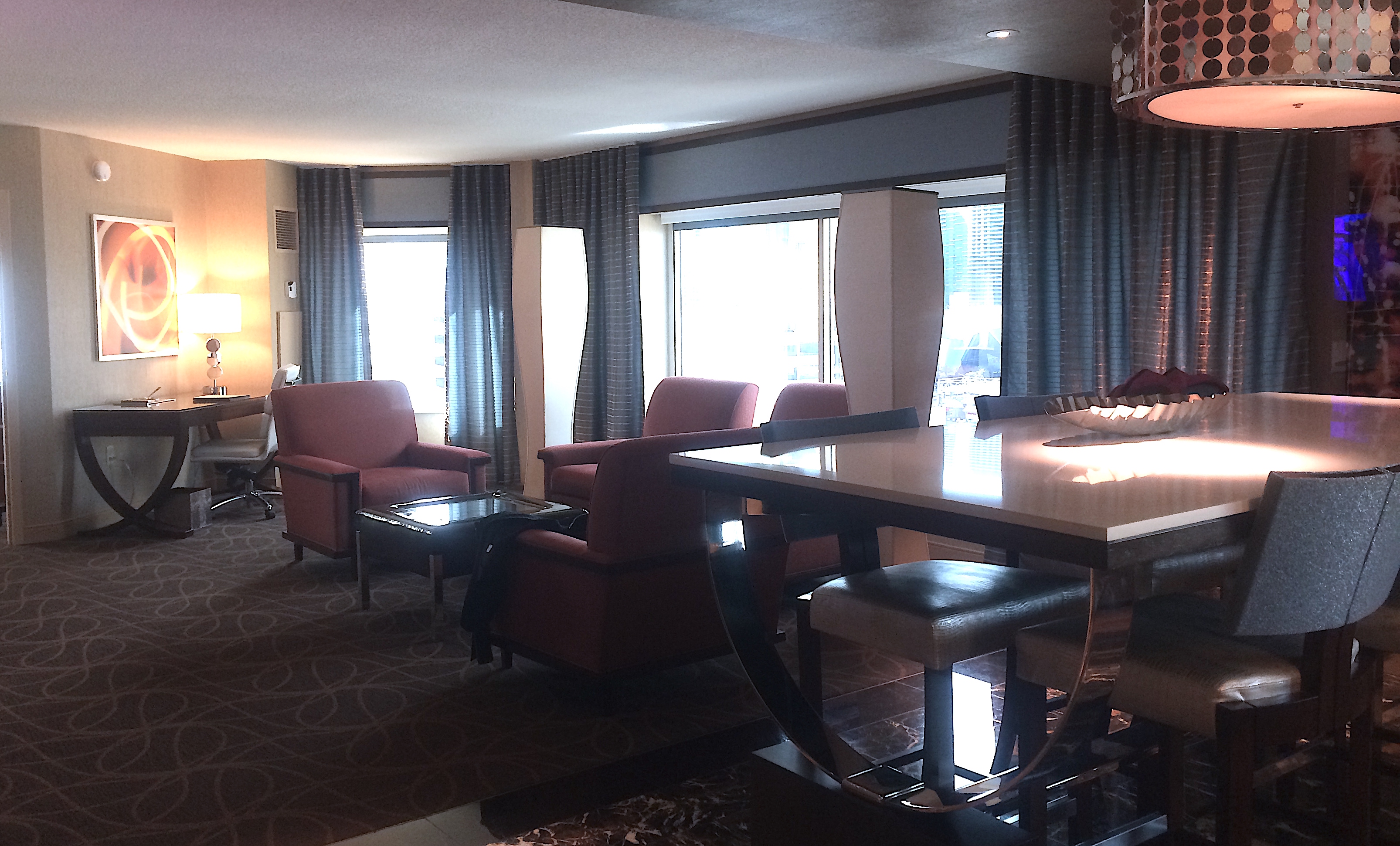It’s never what you think.
I’ve hired teams as an executive at two companies; I’ve interviewed for dozens of widely varied roles as a job seeker. I’ve also been on a few hiring committees, where I’ve seen some very odd things. I’ve stepped on landmines; I’ve watched others step on them. I’ve seen one person engage in a great interview only to have his reference trash him – and he was never told he had a toxic reference. Having been on both sides of the hiring table, I’m still no good at interviews, but I do kind of know when and where an interview goes south.
Of all the advice I’ve received, four truisms have actually been true in my experience.
· It’s really a crapshoot.
· You’re interviewing them.
· It’s not the fit it’s the feeling.
· Your negatives are less important than how you talk about your negatives.
It’s not always who you know
What has not been true for me is “it’s not what you know, it’s who you know.” Maybe I’m an outlier. Studies claim that as many as 85% of people get their jobs through networking rather than job ads. This number tosses in “hidden” jobs, which never make it to the ad stage.
Still, I never had recommended candidates when I was hiring – maybe because I never asked around. I like the mystery and possibility of ads, so that’s how I found my staff. I also landed most of my jobs by answering ads. I’ll concede that if you are in the interview because of someone you know, you are the most likely candidate to get the job. But it’s also true that people hire from ads.
And what you have to show for your past work counts. Once I was hired because the executive fell in love with a multimedia website I had developed. This was back when you still had to convince people that YouTube was a great marketing tool (yes, there really was such a time). This president’s institute was building a new website, and my site had everything he wanted – engagement, social media, Meetup groups, images, videos, music. They flew me out to do the interview, put me up in a hotel, introduced me to several VPs, and at the end the president said, “I want you to do that for us.”
And then there was the marketing manager who hired me based solely on the fact that I had an advanced degree. I’m sure of it: the degree was basically how he introduced me to his bosses.
My best advice about going for a job interview is this: Go in as if you’re having a conversation with future co-workers. Emotionally put the interview in the rear view mirror and start at the place where you are helping people accomplish goals. This strategy won’t charm anyone on its own, but it puts you in the right frame of mind for your best interview.
Avoiding Landmines
OK, so I lied. This is not possible.
The whole point of landmines is that they catch you unawares. You can’t plan for them because you don’t know they’re there. I have hit a few. I was once called “creative” in an interview. I thought that was great until I learned it was the kiss of death.
You will know when you’ve stepped on a landmine. How?
Have you ever been jogging with a partner and you suddenly realize they aren’t there; they’re, oh, 30 seconds behind you tying their sneaker? Basically, when you hit a landmine, that’s how the energy in the room does. By the time you realize you’ve been running alone, it’s too late. You’re blown up.
Just don’t step on the crickets on your way out.
One of my job interviews, the landmine happened like this:
“So, would you say you’re a problem-solver?”
I had just listed off some sticky problems I’d solved, so I was pleased to answer “yes.”
Crickets.
And nodding, as the questioner glanced at the company president across the table and immediately began the “wrap up questions.” Wrap-ups are the questions you can’t converse your way around, and they’re soon accompanied by someone standing to extend you their hand. Who could know “problem-solver” was a bad thing?
On the other side of the minefield, I’ve been on hiring committees when the candidate stepped on one. He grew animated as he explained his approach. We also knew that his approach was our VPs pet peeve. As she gave him her black widow “do go on,” smile, he dug himself in deeper. A couple of us couldn’t resist smiling an uncomfortable smile. Perhaps the interviewee took it for agreement or friendship. For him, that interview would be the one where he got home feeling really good, and started feeling worse as the days passed without a call. He would wonder what went wrong. It was a mismatch, plain and simple. There’s no way to prepare for that.
You can’t prepare for a mismatch
Sometimes the qualities the employer wants are just not the ones you have. And it can be highly individual. When I was hiring, I typically looked for curiosity. Web technology evolves so rapidly, I wanted to know that my team would be hunting and discovering new, key things as a force of habit. I wanted programming languages more than I wanted success stories. Go figure. Sometimes I wanted trainable; other times I wanted versatile. Occasionally, I hoped some hidden skill would pop out that wasn’t on the resume. Usually there was enough on a resume that made me say, “This person could work.”
At that point, the interview was about qualities, a feeling of comfort with this person, confidence in their ability to carry the weight of the role. If the resume had gaps, I would ask the candidate about them – not so much because I saw gaps as a negative, but because they’re like gossip – they’re going to reveal little things about the person that a tight resume won’t. Sometimes you’re just curious about how the picture fits together.
It’s never what you think
I sat on the hiring team with the Machiavellian VP several times. She really was the only person making the decision. But she liked to pose as an egalitarian. In one of these interviews – for a writer no less – I counted ten of us around the interview table. How intimidated that candidate had to be!
You might guess that the VP was looking for grace under pressure, when really she was in mid hatchet job (someone had just been let go). In fact, half the staff around that table would be gone within a year. She literally used to ask us, “friend or foe?” as she prepared for meetings with colleagues she didn’t know.
In this instance, the interview process was actually a way for the VP to vet her own team. And tacitly we all knew it. So that day, you could definitely hear crickets in the room – with ten people in it. Hopefully, the candidate didn’t take it personally. After the interview, when she asked, “what did you think of candidate A,” crickets reigned. She asked us to email our recommendations. We were pretty sure the wrong answer would advance us toward the “foe” camp.
This brings me to a key point: If you’ve got the interview in the first place, Congratulations! They want you.
At least they want the you on your resume. So, the best you can do is deliver on your resume with confidence and friendliness. After that, it’s a crapshoot.
You may step on a landmine and never know it. You may feel uncomfortable and put the wrong foot forward (you really didn’t want that job). They may misunderstand you, misjudge you, stereotype you. You could think you’re on a roll and get ambushed by crickets.
Or, after you leave, two members of the interview team may fight over you. You may not get the call and never learn that your job went down in an internal power struggle.
If you don’t hear from them, just say, “Next!” And don’t second-guess yourself. It’s never what you think.


